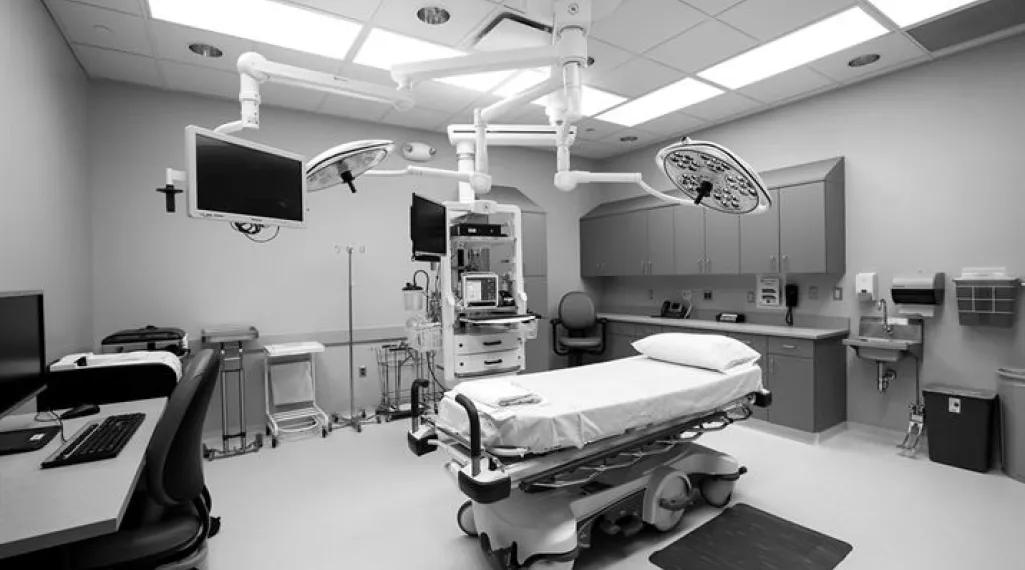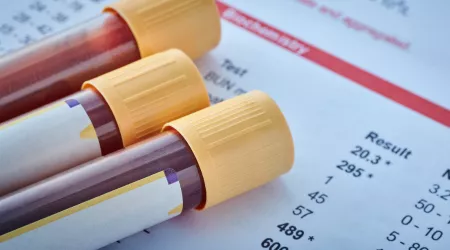
COVID-19 impact on colonoscopy screening

Colonoscopy is the recommended screening and diagnostic procedure for adults with a family history of colorectal cancer or those who previously had polyps removed. Last year more than 19 million colonoscopies were performed in the United States. This, along with blood and stool tests, helped achieve a 69% screening rate. For 2020, however, concerns over the COVID-19 virus could dramatically impact the screening rate leading to a preventable increase in new cases of colorectal cancer.
A study this month by the Alliance of Community Health Plans and Academy of Managed Care Pharmacies shows that due to concerns about the COVID-19 virus Americans have altered their use of traditional health services with many delaying necessary care. According to the survey:
- 41% have delayed health care services and 38% of respondents will put off future treatment and procedures.
- 42% say they are not comfortable going to a hospital for any medical treatment.
And, with 74% stating they believe there will be a resurgence of the virus this fall, the delays in necessary health services is likely to continue into 2021.
When it comes to preventing new cases of colorectal cancer and to surviving the disease, time is the most important factor. A colonoscopy to find and remove pre-cancerous polyps can prevent the disease and early diagnosis and treatment can dramatically improve the odds of surviving colorectal cancer. But in many communities a colonoscopy is not an option due to hospital and staff availability; some patients are not eligible due to being positive for COVID-19 or the inability to get a COVID-19 test. Other patients will just put off a colonoscopy until the pandemic is over.
For higher risk patients, such as those with previous polyps or a family history of colorectal cancer, a colonoscopy is the appropriate screening method. However, if access to a colonoscopy is not available, colorectal cancer screening should not put off until the pandemic is over. Rather than just wait and hope, patients should consider at-home stool-based testing such as Cologuard. A positive result from a stool-based test indicates an urgency for a colonoscopy that overrides COVID-19 concerns. Even with a negative test result, patients should consider this an interim measure and still get a colonoscopy as soon as possible as the FDA has not indicated stool-based tests for higher-risk patients.
COVID-19 is hurting America in so many ways, from the loss of social interaction, the loss of jobs to the loss of life – let’s not let colorectal cancer screening be one more important part of life lost to the virus.
Top resources

Legislation introduced to address young-onset CRC
Explore the urgent need for the Colorectal Cancer Early Detection Act (HR 7714), legislation aimed at combating the rising incidence of colorectal cancer among younger adults through enhanced screening, education, and research.

Dak Prescott joins Alliance to ‘LEAD FROM BEHIND’
Initiative aims to reduce stigma and educate about screening choices, as the Colorectal Cancer Alliance launches a health equity fund to decrease disparities.

Act now to create a coverage pathway for future blood-based detection
On the horizon are blood tests that have shown the ability to detect a variety of cancers including colorectal and rare cancers. Though these tests are still in development and are not yet approved by the FDA, clinical trials have shown impressive results.





